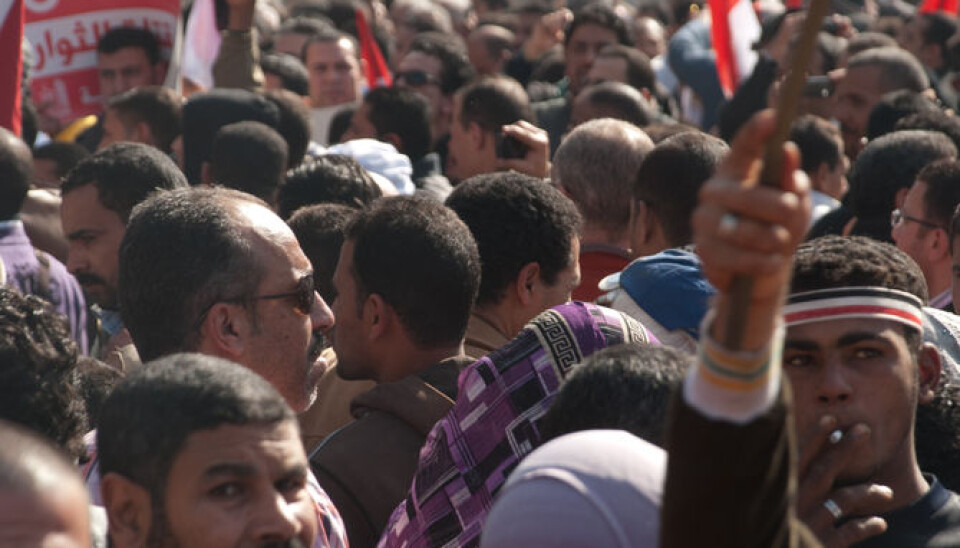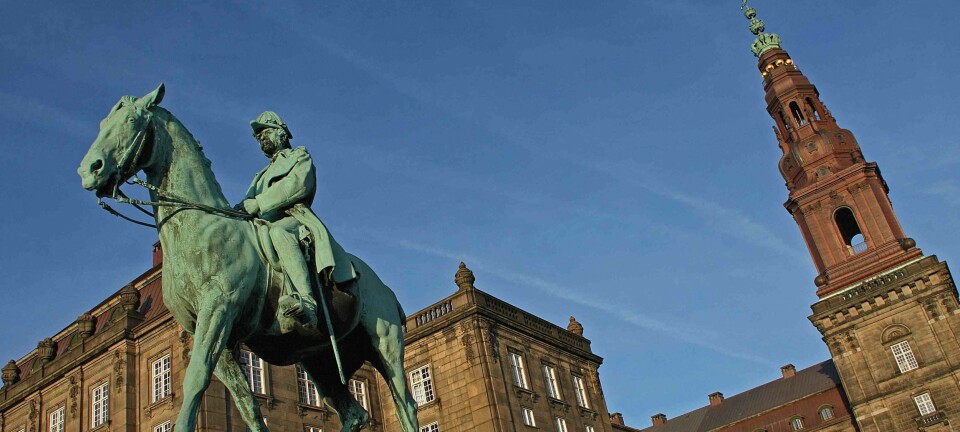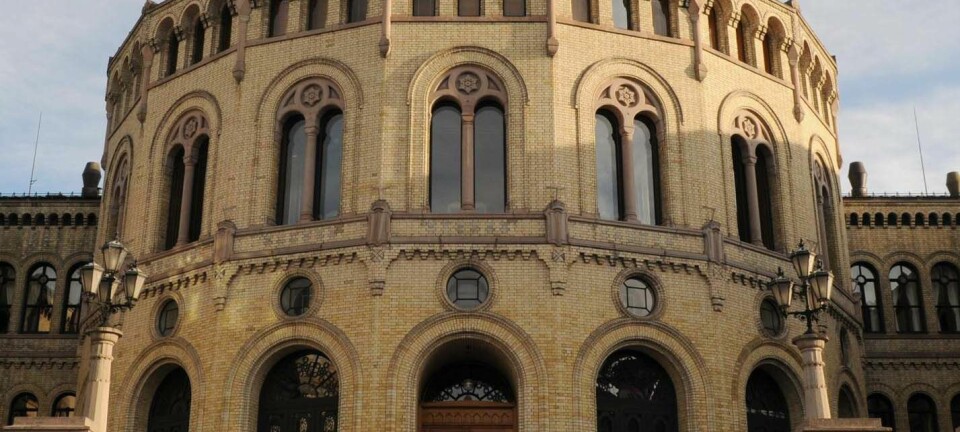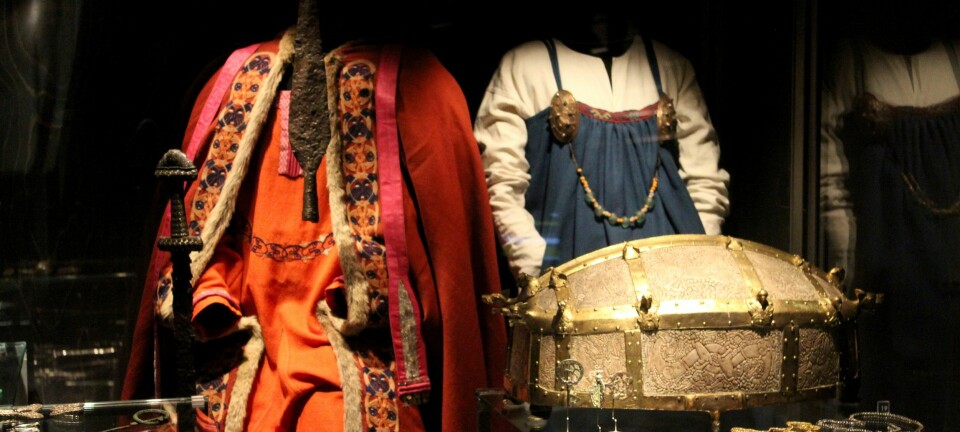
Young Egyptians armed themselves for revolution
The number of volunteers has exploded in Egypt in the past few years. The new trend of voluntary work among Muslim youths in Egypt has armed them with a stronger social and political consciousness and the courage to bring about change in their country.
Chaos. There is probably no better word to describe the current situation in Egypt.
The number of killed and wounded varies a great deal from one day to the next, but nobody can deny that the situation is critical. The fighting between the military-backed government and the supporters of ousted President Mohamed Mursi is not a pretty sight.
But there are bright spots amidst all the violence, death and insecurity, which has characterised the country since the historic revolution in 2011.
One of these is a trend that can be recognised in the Western world too: young people engaging in voluntary work. However, in Egypt the number of Muslim youths who do voluntary work has exploded in the past ten years – and that has helped provide the young people with a strong social and political consciousness as citizens.
The young volunteers believe they will get a place in heaven if they help the poor. In their encounter with the poor, the young people are presented with a need for change. They learn that dialogue and cooperation is the way forward – skills that are associated with citizenship in a democracy.
So says Sara Lei Sparre, who has just defended her PhD thesis ’’A generation in the making. The Formation of Young Muslim Volunteers in Cairo’, at the University of Copenhagen, Denmark.
“The young volunteers believe they will get a place in heaven if they help the poor. In their encounter with the poor, the young people are presented with a need for change. They learn that dialogue and cooperation is the way forward – skills that are associated with citizenship in a democracy,” she says.
The idea of volunteering is new
As part of the research for her thesis, Sparre conducted field work in Egypt from 2009 to 2010, where she monitored a number of young people, who volunteered for an Egyption youth charity organisation called Resala. There she worked on an equal footing with the volunteers and interviewed almost 100 young people and their families during her stay.
Resala is the oldest organisation of its kind in Egypt. Over the past 13 years it has grown from being a small student club at Cairo University to including 100,000 volunteers spread over 63 departments.
There is a regional tendency for religious communities to encourage young Muslim citizens to engage in their society by providing social work. The thought of helping others isn’t new, but the call for young people to offer their volunteering services and their commitment is new.”
”There is a regional tendency for religious communities to encourage young Muslim citizens to engage in their society by providing social work,” she says.
“The thought of helping others isn’t new, but the call for young people to offer their volunteering services and their commitment is new.”
Resala started out as an elitist movement among engineering students at Cairo University, where admission required top marks. As a result, only young people from privileged backgrounds were allowed to join the organisation. Today, however, the members represent the entire middle class.
”Resala has managed to mediate between the highly different parts of society. This is particularly interesting because right now there is a strong focus on the forces that divide the Egyption society,” says Sparre.
Young people learn about social division
In the organisation they see some things that many of them haven’t seen before. They see how poor people live and how little it actually takes to make a difference in some contexts. These things combined form a new way of thinking and acting for the young people.
The young Resala volunteers are moderate Muslim women and men from the middle class, who through their own voluntary work have developed a social consciousness regarding the extent of Egypt’s problems and social division.
”In the organisation they see some things that many of them haven’t seen before. They see how poor people live and how little it actually takes to make a difference in some contexts. These things combined form a new way of thinking and acting for the young people,” says Sparre, adding that many young Egyptians know very little about society and especially about the living conditions of the poor.
The PhD thesis includes an account of how the young people’s commitment, and the accompanying social insight, helped give them a way to act and convert their understanding of society into action during the historic uprising in Tahrir Square in 2011.
Voluntary work empowers the youth
The young volunteers played an important role both during and after the revolt in 2011, and it was to a large extent their early voluntary work that prepared them for the actual uprising, explains the researcher.
”When the 18-day long uprising took place in Tahrir Square, young Egyptians organised voluntary groups that handed out food and medicine to the demonstrators. Later they set up a field hospital on the square. The young people used the skills they had acquired through their voluntary organisation work.”
The voluntary work had helped turn the youths into citizens, and the 18 days that toppled Mubarak turned them into political citizens. It was not Resala, which is officially politically independent, that acted as an organisation – it was the young people themselves.
”Up to that point they had used their knowledge, awareness and skills for charity purposes without having put any of it into political terms,” says Sparre.
“But during the revolution they were presented with a political vocabulary. They were used to joining forces, so it all came naturally to them.”
She believes that had these movements not existed among the young people, the level of support wouldn’t have been the same.
Will their faith in democracy last?
The revolt in 2011, the democratic process that put the Muslim Brotherhood’s Mohamed Mursi in office, and the first new constitution since Mubarak’s dictatorship was overthrown did not have the effect that many Western observers may have hoped for: that democracy was established in Egypt.
Instead, we now have a situation in which many Egyptians feel disillusioned.
The question is what it means for the sense of responsibility that young volunteers had acquired and learned to convert into action. Is their faith in democracy – and not least their belief that taking responsibility for one’s country makes sense – strong enough to survive?
The researcher believes it is:
”If this conflict will really divide the people, then obviously there is also the risk that the young people stop believing that anything can be done about it.
“But I believe that the sense of responsibility that they acquire through their voluntary work remains in them. And I believe that NGOs such as Resala have the potential to negotiate differences in society. They provide the youths with a space in which they can withdraw a bit from the sharp political debate, while still engaging in society.”
----------------------
Read the Danish version of this article at videnskab.dk
Translated by: Dann Vinther








